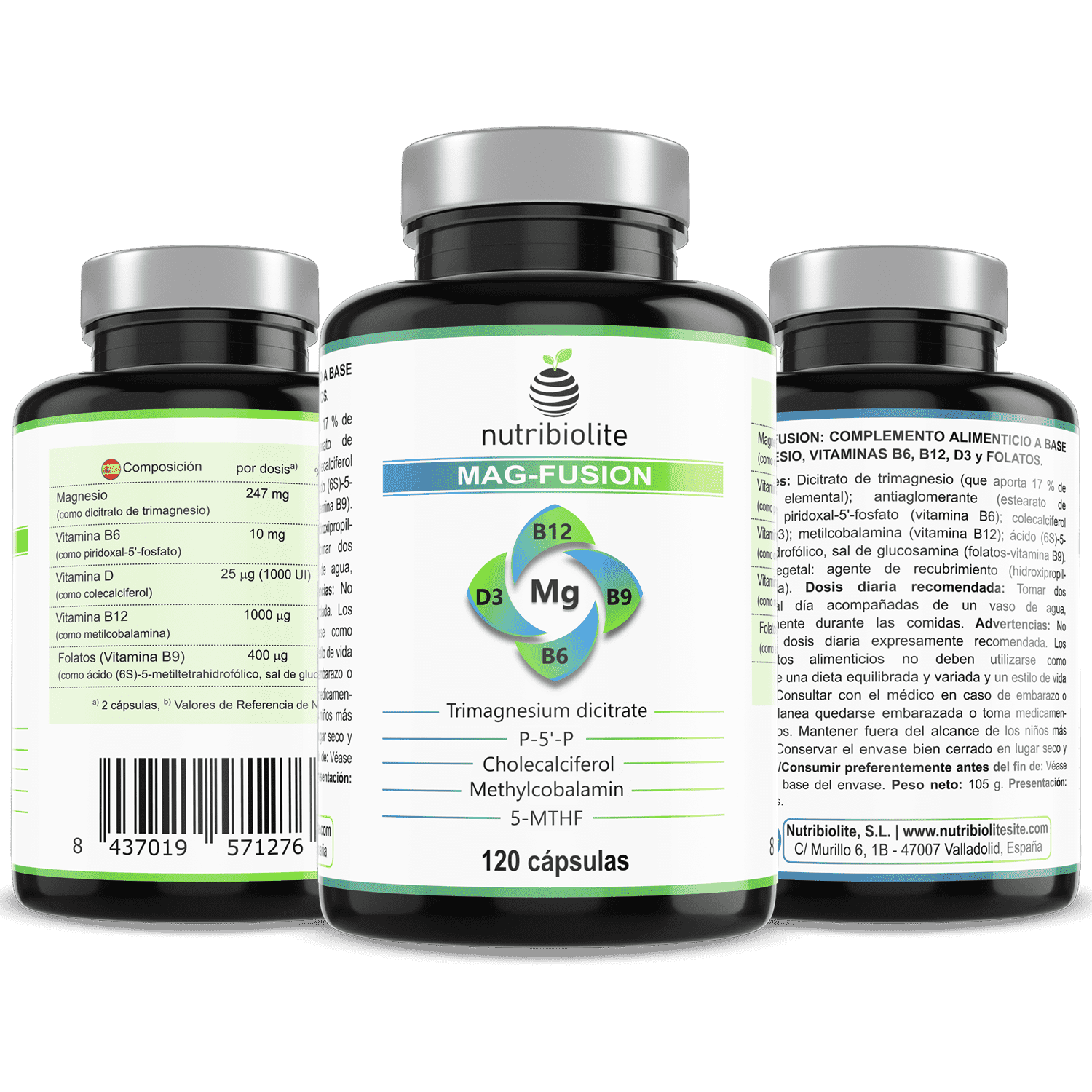This website uses cookies so that we can provide you with the best possible user experience. Cookie information is stored in your browser and performs functions such as recognizing you when you return to our website and helping our team understand which sections of this website you find most interesting and useful.
To learn more about what cookies we use and their function, please see our Cookie Policy, which is an integral part of our Privacy Policy.





